Do you know how the wind turns into electricity or how sunlight powers our homes?
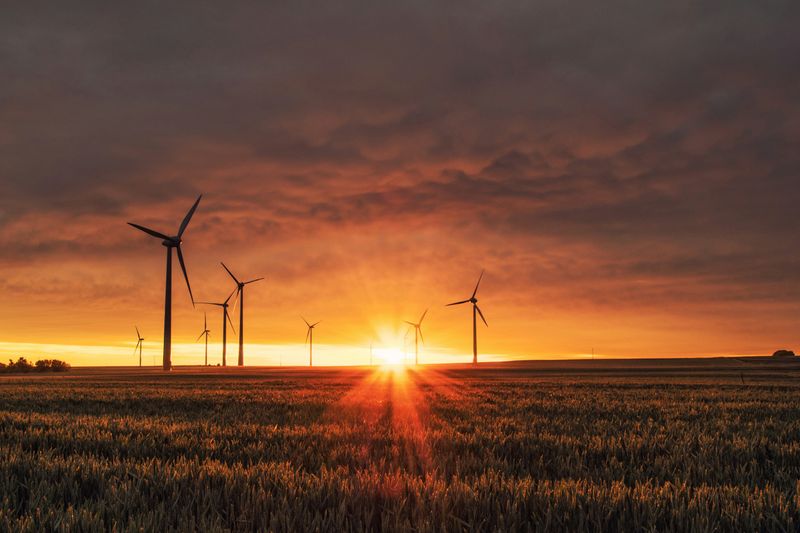 Photo by Karsten Würth on Unsplash
Photo by Karsten Würth on UnsplashExplore the secrets of renewable technologies and discover how they produce the energy that keeps our world running.
Renewable Sources of Energy
Renewable sources of energy never run out and give us clean energy all the time.
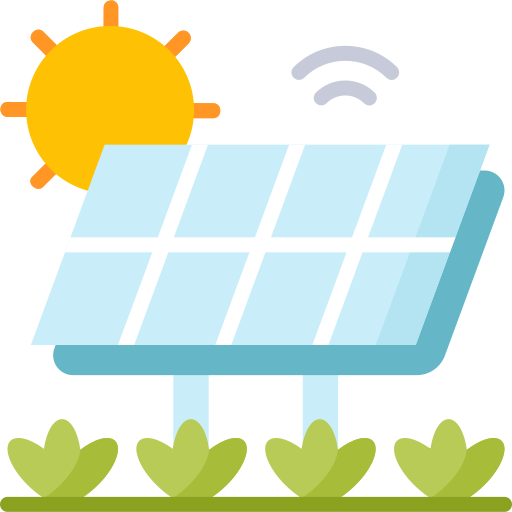
Solar Energy
Solar energy comes from the sun and can be captured using solar panels. They have special parts that use sunlight to make electricity.
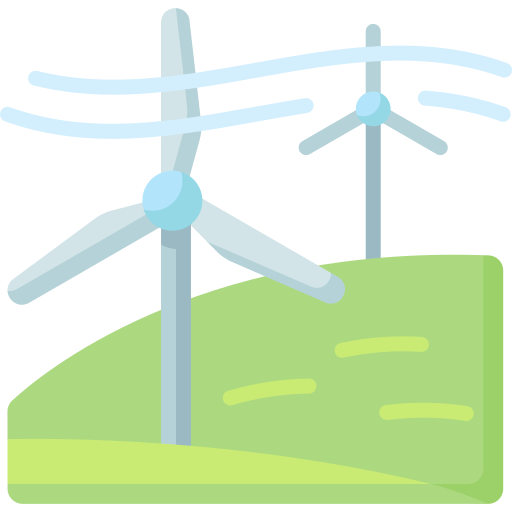
Wind Energy
Wind turbines have big blades that spin when the wind blows. This spinning makes electricity, just like when you pedal a bike to make it go.
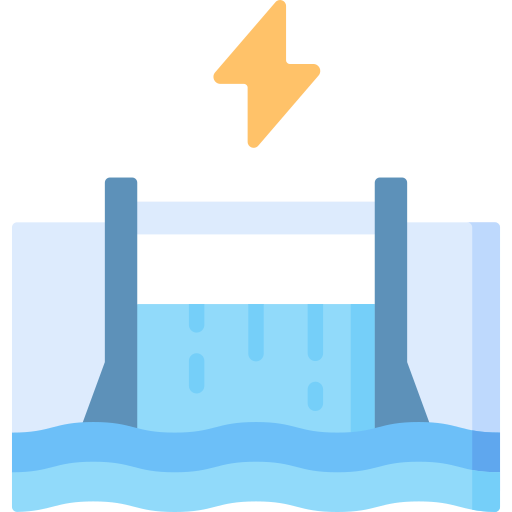
Hydropower
Energy from moving water, like rivers or waterfalls, produces electricity in hydroelectric power plants. The moving water turns big wheels inside the plant that make electricity.
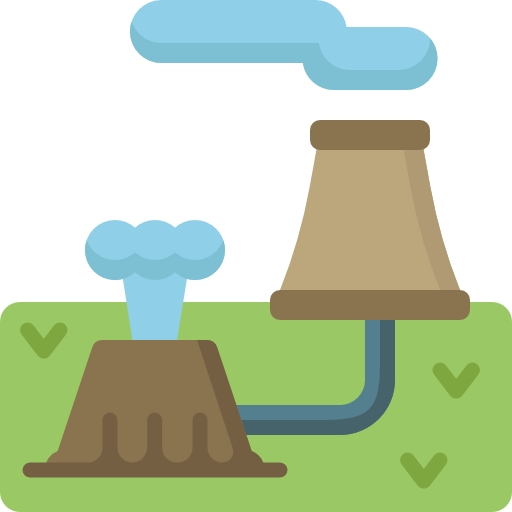
Geothermal Energy
Heat from the Earth's core can make steam, which turns into electricity. This is similar to how water boils on a stove and produces steam.
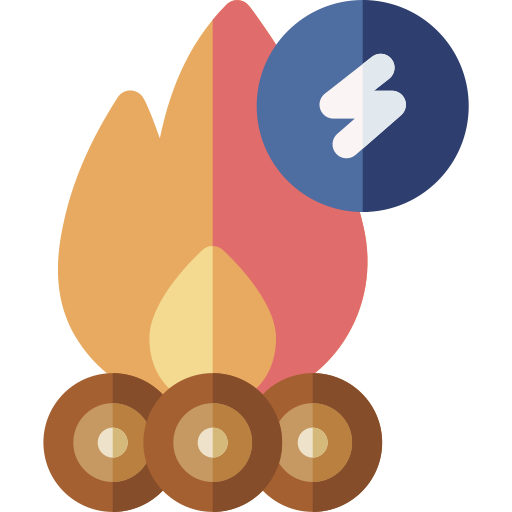
Biomass Energy
This type of energy comes from burning things like wood, crop waste, or animal dung. When they burn, they make heat that can be used for warmth or turned into electricity.
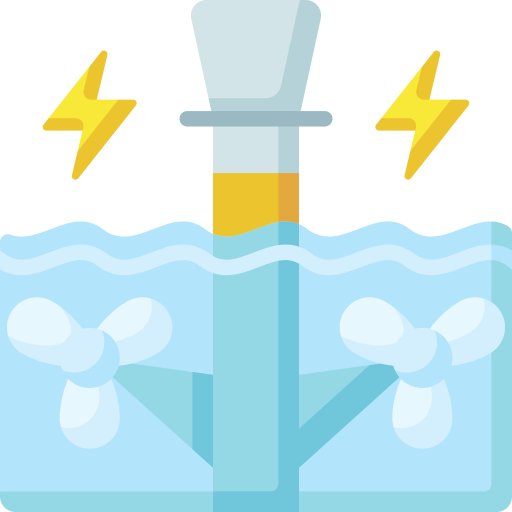
Tidal Energy
Tidal energy comes from the movement of the ocean's tides. Tidal turbines are similar to wind turbines but are placed underwater in areas with strong tidal currents. They capture this energy and turn it into electricity.
Quiz
Imagine that you live in a hot country on the shore of the sea, where the sun shines 350 days a year. There is almost no wind there. What are some renewable sources of energy that could work there?
Advantages of Renewable Sources of Energy
Renewable energy sources are better for the environment than using sources of non-renewable energy in several ways:
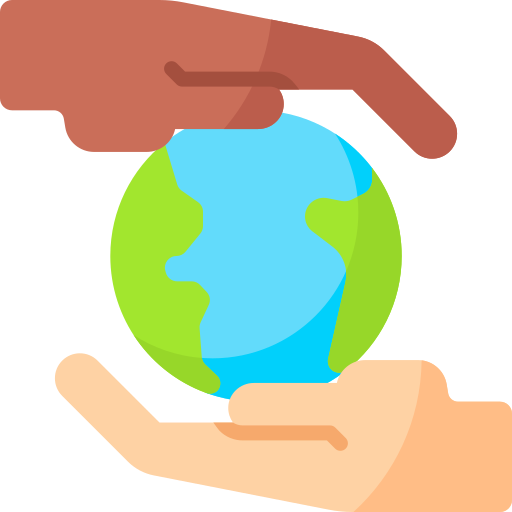
Environmentally Friendly
Renewable energy sources produce little to no greenhouse gas emissions when making electricity. Most of the greenhouse gases that make the Earth warmer come from burning things like coal, gas, and oil for power.

Protect Nature
Using renewable energy sources helps to save natural resources and protect wildlife habitats.Getting energy from these sources doesn't require digging up as much land or disturbing as many animals.
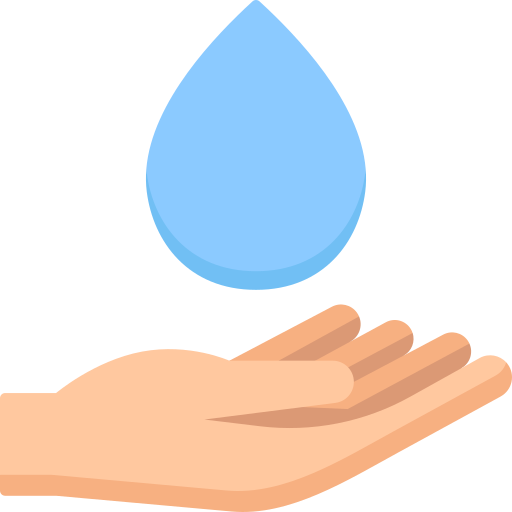
Saves Water
Fossil fuel power plants need large amounts of water for cooling. Many renewable energy sources, like solar and wind power, don't need water to work. This helps save water, especially in places where there isn't much to spare.
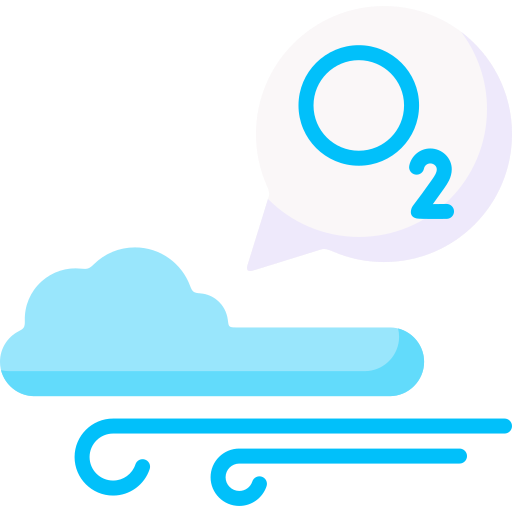
Cleaner Air
Renewable energy helps to make the air cleaner and healthier for people and animals. Breathing in cleaner air can help us all feel better and stay healthier.
Problems of Renewable Sources of Energy
Even producing clean energy does harm to the environment and has its problems.
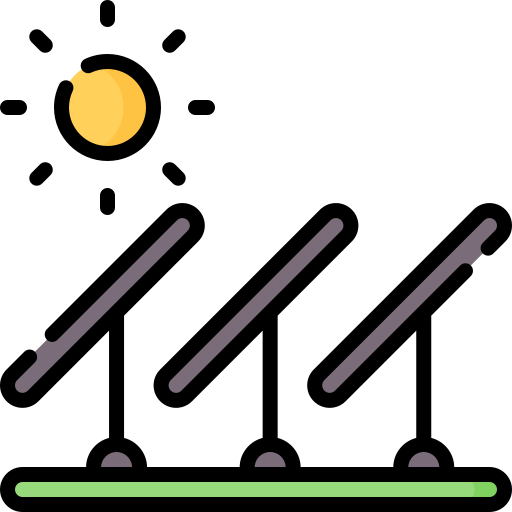
Solar Panels
Solar panels don't really hurt the environment, but they need space, often where animals and plants live. Making them also involves using some materials that need to be handled carefully.
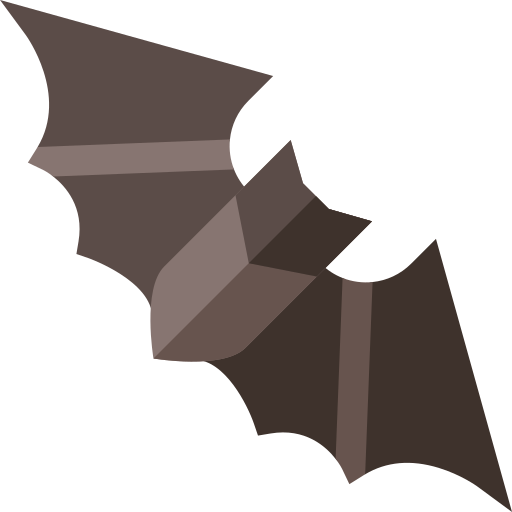
Wind Turbines
Wind turbines can sometimes accidentally hurt flying animals like birds and bats. They can also change the look of the landscape and make some noise.
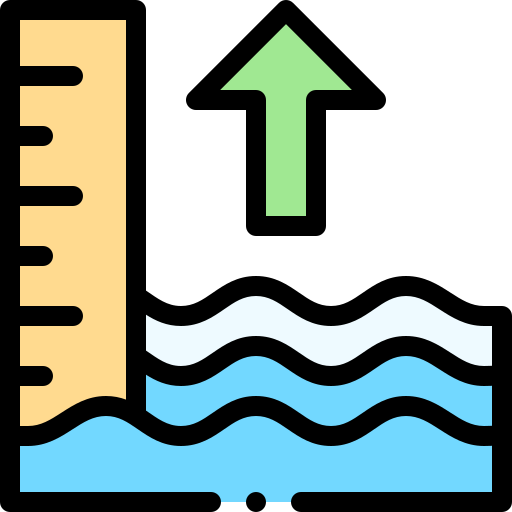
Hydropower Plants
Hydropower plants can hurt the environment by flooding habitats, changing water flow, and blocking fish from swimming upstream to lay eggs.

Geothermal Energy
Geothermal energy can cause small earthquakes and release harmful gases and minerals from deep underground. Also, drilling for geothermal wells can disturb the homes of animals and plants.
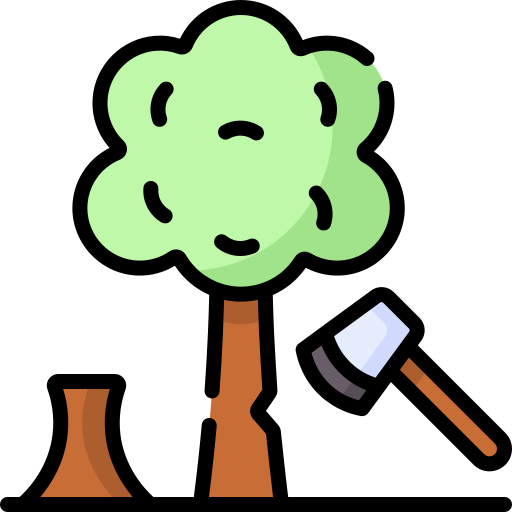
Biomass Energy
Burning biomass for energy can make the air dirty, releasing bad stuff into the air. Also, using a lot of land for biomass can mean cutting down trees or taking away homes for animals.

Tidal Turbines
They might get in the way of some sea animals, and they could change the ocean floor a bit where they're placed.
Take Action
 Renewable energy is a great way to power our world. By using sunlight, wind, and water, we can make electricity and keep our planet clean and healthy.
Renewable energy is a great way to power our world. By using sunlight, wind, and water, we can make electricity and keep our planet clean and healthy.
Learn more about renewable sources of energy:
Your feedback matters to us.
This Byte helped me better understand the topic.
